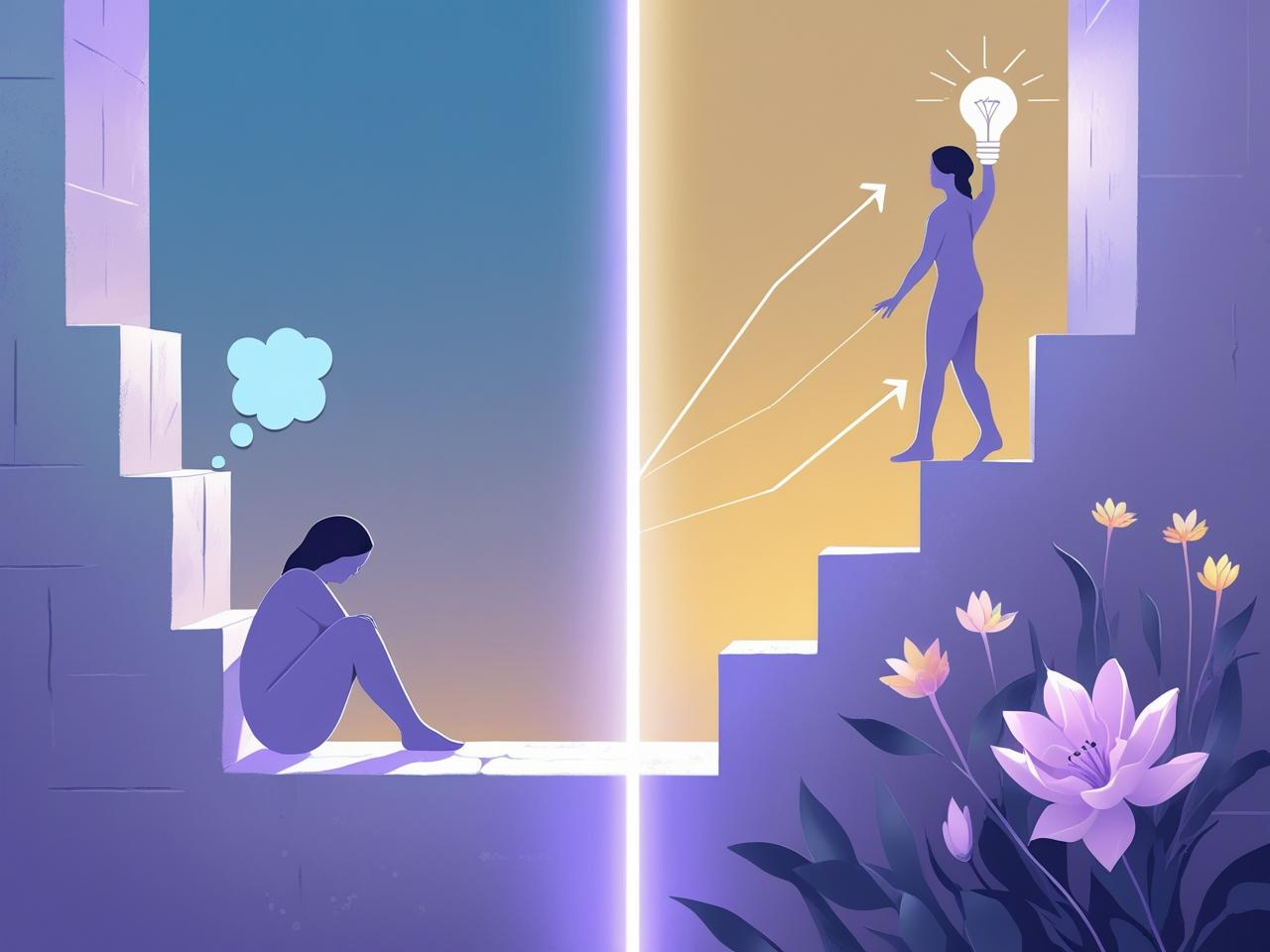· Mindset Coach · 3 min read
Fixed Mindset vs Growth Mindset: What’s Holding You Back?
Learn the key differences between a fixed and growth mindset—and how shifting your perspective can unlock confidence, resilience, and long-term success.

“I’m just not good at this.”
“What if I fail?”
“That’s just the way I am.”
These thoughts might seem harmless—but they could be signs of a fixed mindset quietly holding you back.
Your mindset—how you think about your abilities, potential, and challenges—shapes how you grow.
Let’s explore the difference between a fixed mindset and a growth mindset, why it matters, and how to begin shifting your own.
1. What Is a Fixed Mindset?
A fixed mindset is the belief that your intelligence, talents, or personality traits are static—you either have it or you don’t.
People with a fixed mindset often:
- Avoid challenges to protect their ego
- Give up easily when things get hard
- Feel threatened by others’ success
- See effort as a sign they’re “not naturally good”
The result? They stay stuck in fear and hesitation.
2. What Is a Growth Mindset?
A growth mindset is the belief that your abilities can be developed through effort, feedback, and persistence.
People with a growth mindset:
- Embrace challenges as opportunities
- See effort as essential to success
- Use feedback to improve, not judge
- View failure as part of the process
They believe improvement is possible—so they keep growing.
3. Fixed vs Growth Mindset: A Quick Comparison
Here’s how the two mindsets respond to common situations:
| Situation | Fixed Mindset | Growth Mindset |
|---|---|---|
| You fail a test | “I’m not smart.” | “I need a new study strategy.” |
| You struggle at work | “I’m not cut out for this.” | “This is tough, but I can improve.” |
| You see someone succeed | “They’re lucky/talented.” | “That’s inspiring—what can I learn from them?” |
Most of us experience both mindsets in different areas of life.
The key is learning to notice when the fixed mindset shows up—and to choose differently.
4. Where Might You Be Holding a Fixed Mindset?
Ask yourself:
- Is there something I’ve told myself I’m “just not good at”?
- Do I avoid things that might make me look bad?
- Do I feel embarrassed or ashamed when I’m not instantly great at something?
Awareness is the first step. Once you name the pattern, you can start to rewrite it.
5. How to Start Developing a Growth Mindset
1. Catch the thought.
Turn “I’m terrible at this” into:
👉 “I’m learning. I’ll improve with practice.”
2. Celebrate effort, not just results.
Shift from “Did I succeed?” to “Did I show up and try?”
3. Normalize setbacks.
Growth often looks messy. That’s not failure—it’s part of the process.
4. Surround yourself with growth energy.
Read books, follow creators, or use tools (like DailyPeak) that remind you: you’re capable of change.
Final Thoughts
Your mindset is the lens through which you experience your life.
A fixed mindset keeps you stuck.
A growth mindset opens the door to progress, resilience, and real transformation.
You don’t need to be born with it.
You can build it—one new thought, one new action, one new belief at a time.
So the next time you hear that inner voice say, “I can’t…”
Answer it with: “…yet.”
That one word?
That’s growth in motion.



